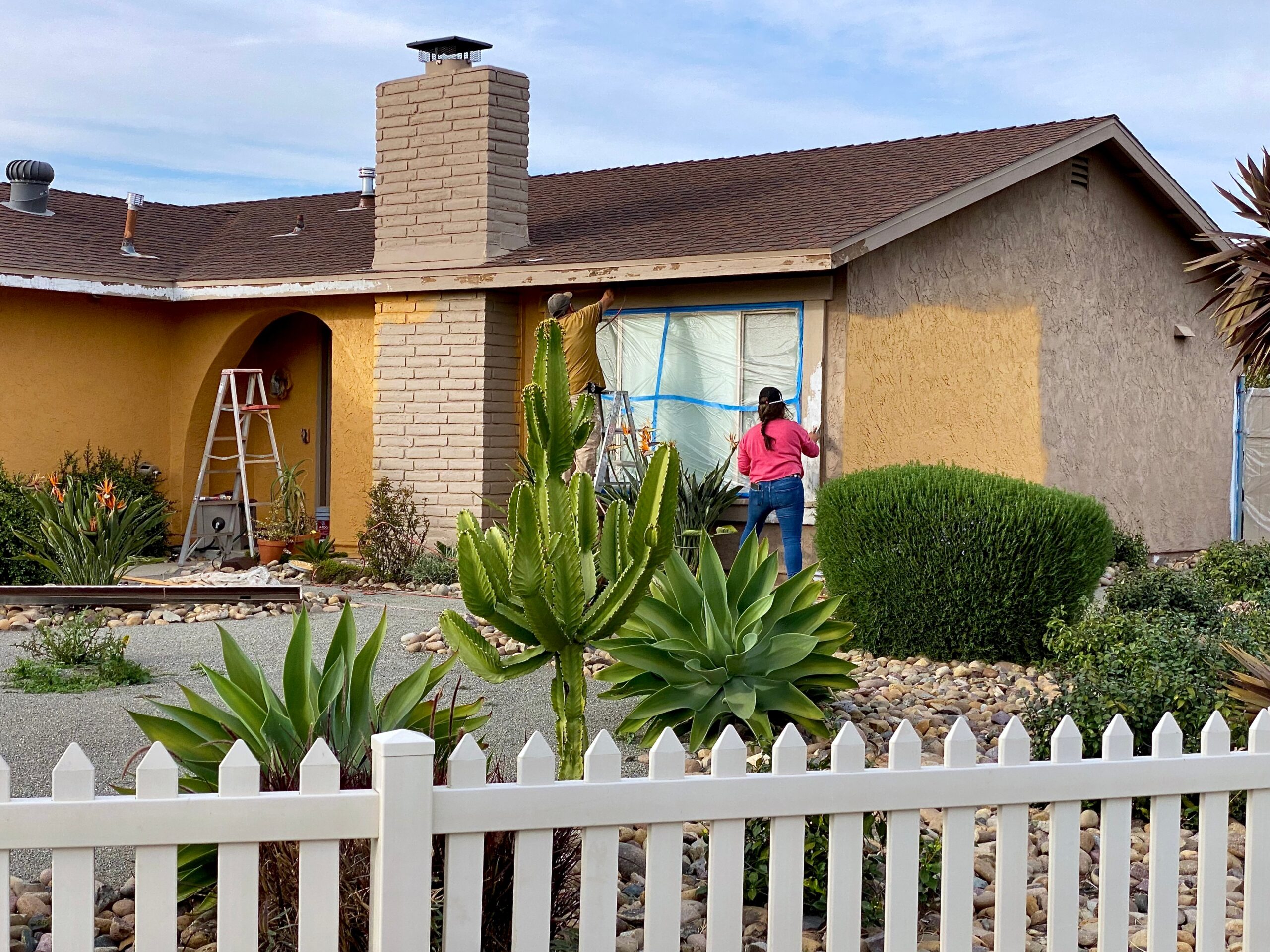The world of real estate investment offers countless opportunities for those willing to explore its vast landscape. Among the various types of properties available for investment, multi-family real estate stands out due to its ability to generate steady cash flow and its resilience during economic downturns. But diving into the world of multi-family property management isn’t for the faint of heart. It requires careful planning, a robust understanding of your responsibilities, and a dedication to maintaining the property to ensure tenant satisfaction. Whether you’re contemplating purchasing a duplex or a large apartment complex, this guide will help you navigate the intricacies of multi-family real estate management.
Understanding the Basics of Multi-Family Real Estate
Before you can effectively manage a multi-family property, it’s essential to understand what it entails. Unlike single-family residences, multi-family properties contain multiple individual units that are rented out to various tenants. This can range from a small duplex to large apartment complexes with hundreds of units. The primary advantage of this type of investment is the ability to generate multiple streams of rental income from a single property.
In addition to understanding the structure of multi-family properties, it’s crucial to familiarize yourself with the local real estate market. For instance, if your property is located in a region with hot summers, like Virginia Beach, maintaining the air conditioning systems becomes a paramount concern. No tenant would appreciate a faulty AC during the peak of summer. This is why AC Repair Virginia Beach services play a critical role in ensuring tenant satisfaction and reducing vacancies.
Developing Effective Management Strategies

Once you have a clear understanding of multi-family real estate and its nuances, the next step is to develop effective management strategies. A well-thought-out approach will help you tackle challenges, maintain high occupancy rates, and ensure long-term profitability.
Tenant Relations
Establishing a strong relationship with your tenants is crucial for success. By ensuring open communication, addressing concerns promptly, and conducting regular property inspections, you can foster trust and minimize potential issues.
Maintenance and Repairs
Regular maintenance is essential to keep the property in top shape. This includes routine tasks such as lawn care, cleaning common areas, and addressing any repair needs. Always be proactive rather than reactive. A well-maintained property not only attracts and retains tenants but also enhances its value.
Hiring Professionals
Sometimes, it makes sense to delegate certain responsibilities to professionals, especially if you own multiple properties or larger complexes. This might mean hiring a property management company or working with specialists for specific tasks. For example, when dealing in areas like Bridgehampton, where the multi-family real estate market is highly competitive, collaborating with experts such as Peter Dodge Bridgehampton can provide valuable insights into maximizing your property’s potential. Such experts can guide you in pricing, tenant acquisition, and understanding local market trends.
Staying Compliant
Property owners must adhere to various local, state, and federal regulations. This includes understanding fair housing laws, ensuring the property meets safety standards, and handling tenant issues ethically and legally. Non-compliance can result in costly lawsuits and tarnish your reputation as a landlord.
Financial Management
One of the critical aspects of managing multi-family real estate is keeping a close eye on finances. This encompasses not just rent collection but also making a budget for repairs, maintenance, property taxes, insurance, and other operational costs. Implementing a systematic approach to financial management can help ensure profitability, avoid unnecessary expenses, and prepare for future investments.
Embracing Technology

In today’s digital age, property managers can benefit immensely from various tech tools and platforms. Property management software can streamline tasks such as rent collection, tenant communication, and maintenance scheduling. Moreover, embracing technology can also help in marketing vacant units, conducting virtual tours, and efficiently screening potential tenants.
Planning For The Future: Scaling and Diversification
Once you’ve mastered the art of managing one multi-family property, you might consider expanding your portfolio. This could mean purchasing additional properties or diversifying into other types of real estate investments. Scaling your investments allows you to spread risks and capitalize on various market opportunities. However, remember to do thorough research and ensure that you have the resources and expertise to manage additional properties effectively.
Ensuring Success in Multi-Family Real Estate Management
In conclusion, managing multi-family real estate is both challenging and rewarding. It’s a journey filled with learning experiences, from understanding local market dynamics to establishing strong tenant relationships and ensuring financial stability. By being proactive, staying informed, and continuously seeking ways to enhance your management strategies, you can ensure long-term success in the multi-family real estate sector. Whether it’s attending workshops, networking with other investors, or seeking guidance from industry professionals, always be on the lookout for opportunities to grow and refine your approach.







